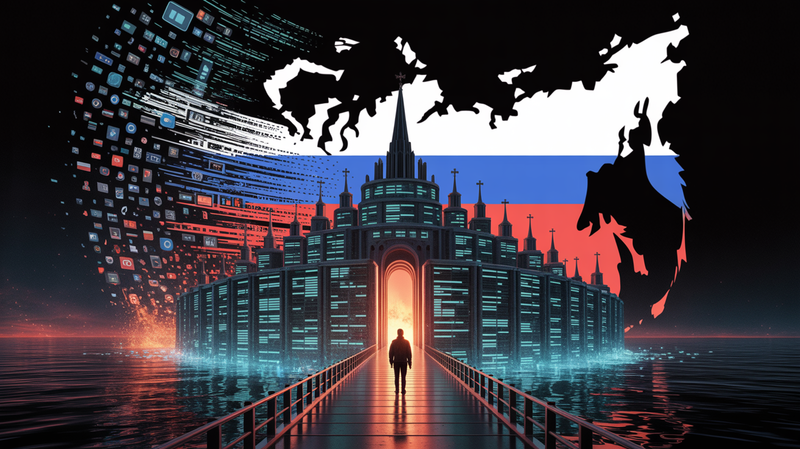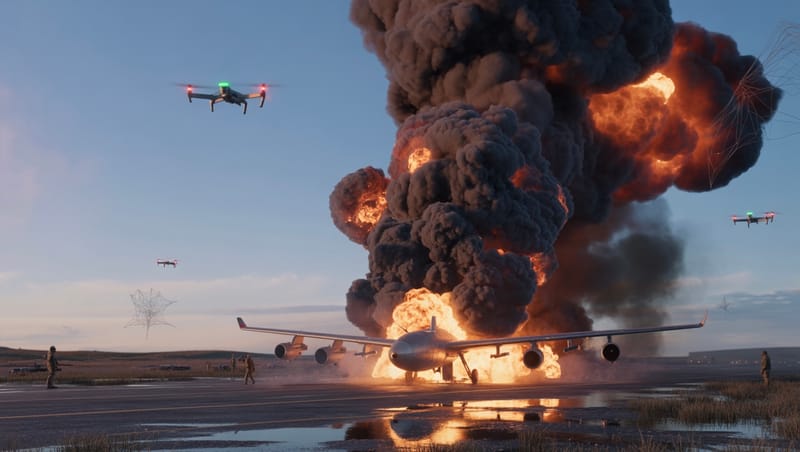The Precipice of Conflict: Unraveling the Complex Dynamics and Grave Implications of the Iran-Pakistan Escalation
In the volatile tapestry of South Asian geopolitics, a new and deeply concerning thread has emerged: the escalating conflict between Iran and Pakistan. This recent development not only threatens the stability of these two nations but also has the potential to reshape regional power dynamics and provoke a broader geopolitical

In the volatile tapestry of South Asian geopolitics, a new and deeply concerning thread has emerged: the escalating conflict between Iran and Pakistan. This recent development not only threatens the stability of these two nations but also has the potential to reshape regional power dynamics and provoke a broader geopolitical upheaval.
Historical Context and Current Tensions
The roots of this conflict are complex, intertwining historical grievances, border disputes, and sectarian divides. Both Iran and Pakistan possess strategic significance in the region, with Iran's Shiite Islamic Republic contrasting with Pakistan's Sunni-majority populace. The two countries have navigated a careful balance of cooperation and competition, but recent events have tipped this balance towards confrontation.
The Trigger and Immediate Fallout
The immediate trigger for the current escalation was a series of Iranian airstrikes in Pakistani territory, reportedly targeting militant groups. Pakistan's response, retaliatory airstrikes on Iran, marks a dramatic escalation in tensions. These actions not only signify a breakdown in diplomatic channels but also underscore the fragility of regional security mechanisms.
Regional Implications
The Iran-Pakistan conflict does not exist in a vacuum. It has significant implications for neighboring countries, particularly Afghanistan, which shares borders with both nations. India, another regional power, watches closely, as any instability could affect its strategic interests and security concerns, especially in relation to Kashmir and its own internal security challenges.
The Specter of Broader Conflict
The gravest concern is that this bilateral conflict could spiral into a wider regional war, involving other South Asian and Middle Eastern nations. The involvement of external powers, such as the United States, China, and Russia, could further complicate the situation, potentially leading to a multi-front conflict with global consequences.
The Need for Diplomatic Intervention
The urgent need of the hour is for diplomatic intervention and de-escalation. Regional organizations like the South Asian Association for Regional Cooperation (SAARC) and global bodies such as the United Nations must step in to mediate and prevent further escalation. The cost of inaction could be catastrophic, not only for Iran and Pakistan but for the entire region and beyond.
Conclusion
As the world watches with bated breath, the unfolding situation between Iran and Pakistan serves as a stark reminder of the interconnectedness of global politics and the delicate balance of power in South Asia. The path ahead requires careful navigation, with diplomacy and dialogue being the keys to averting a larger crisis.




